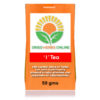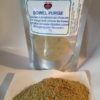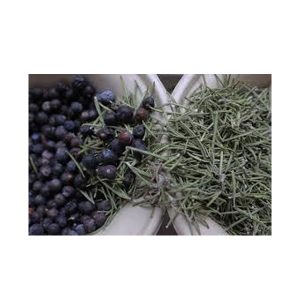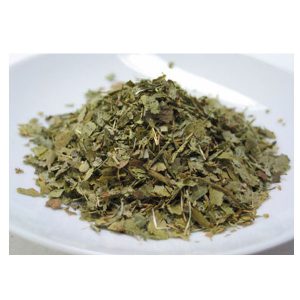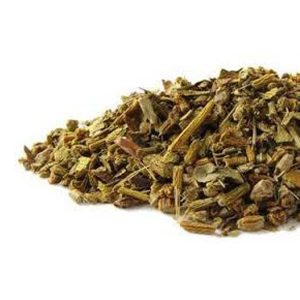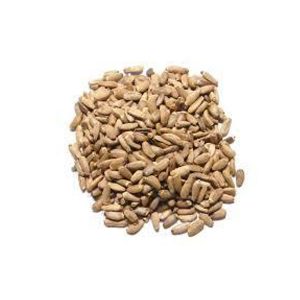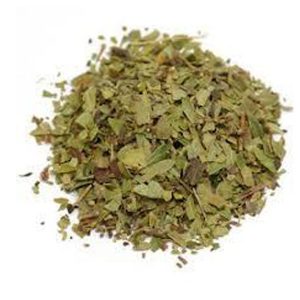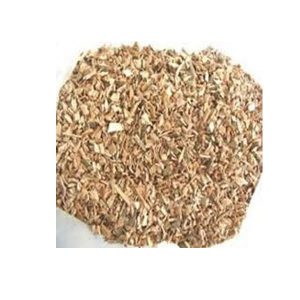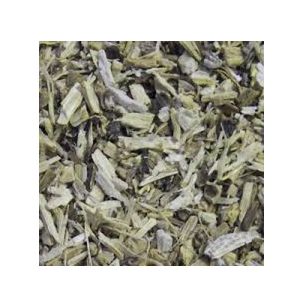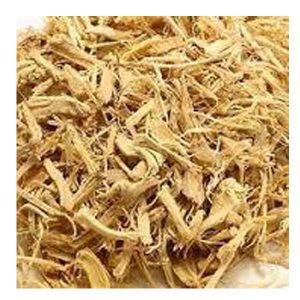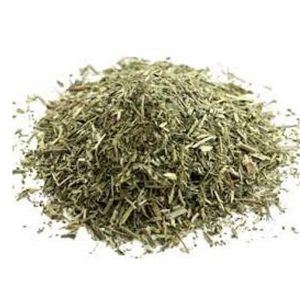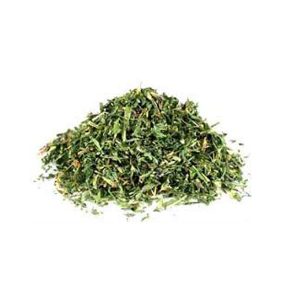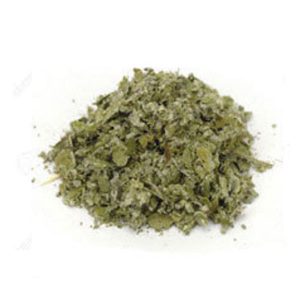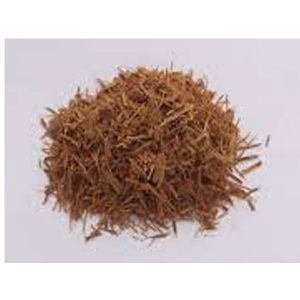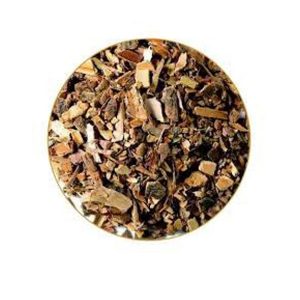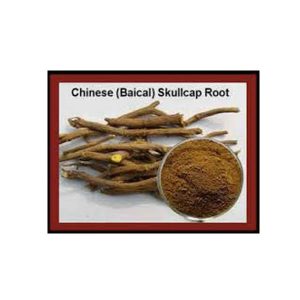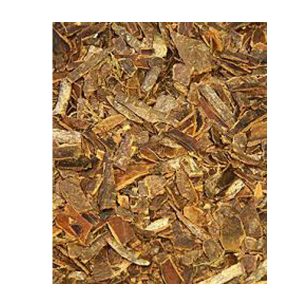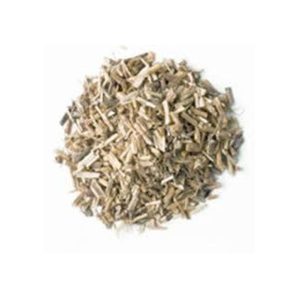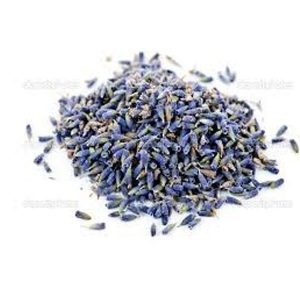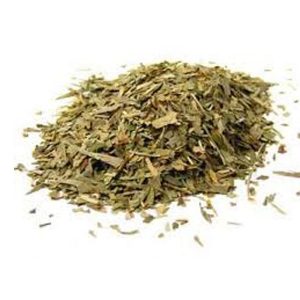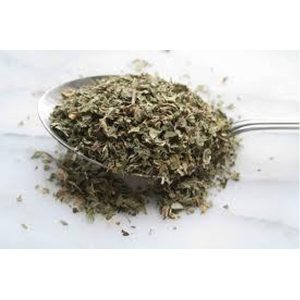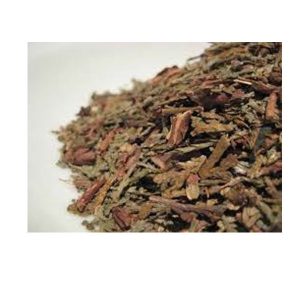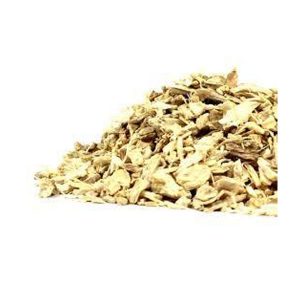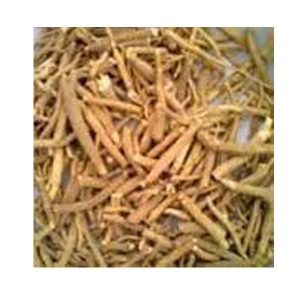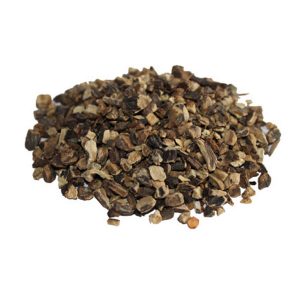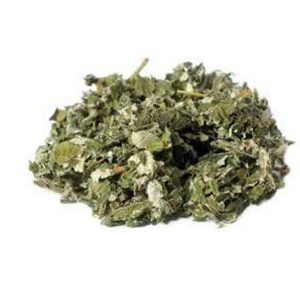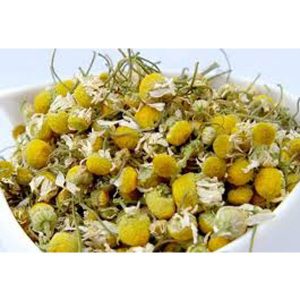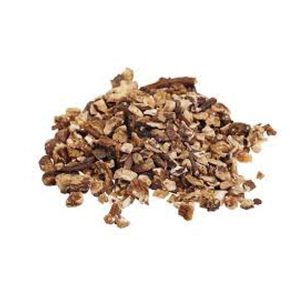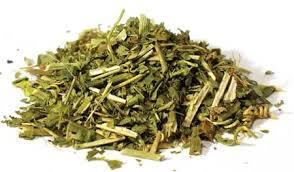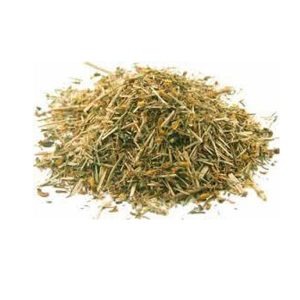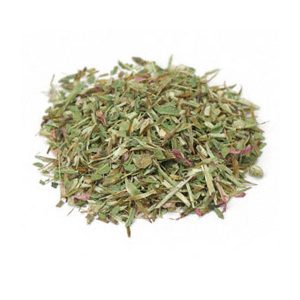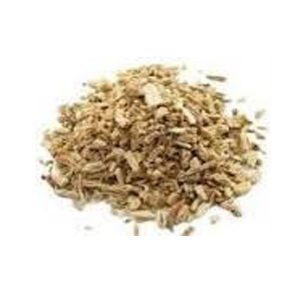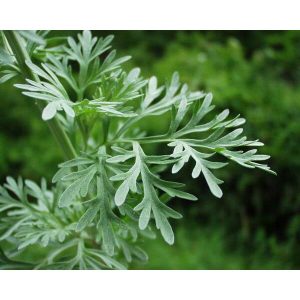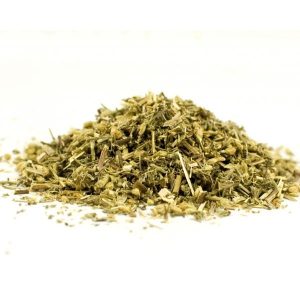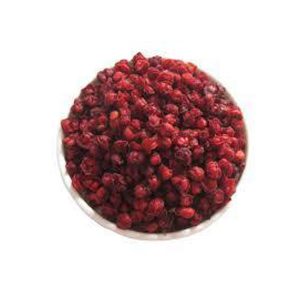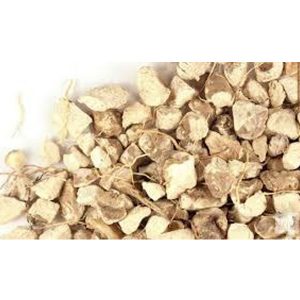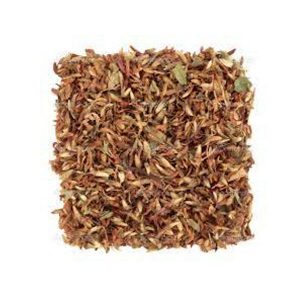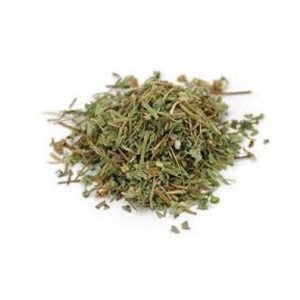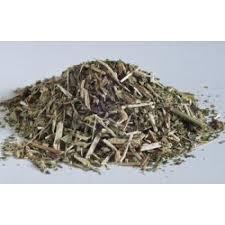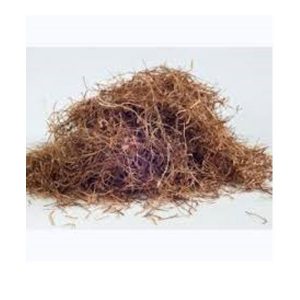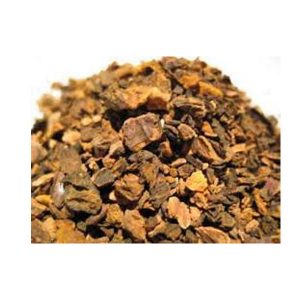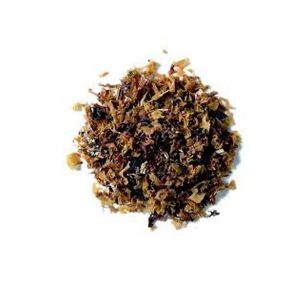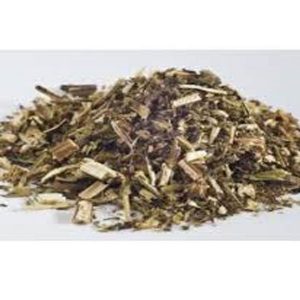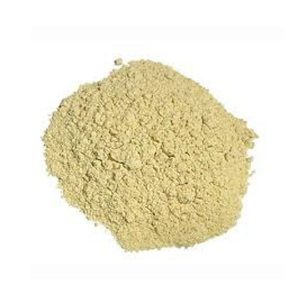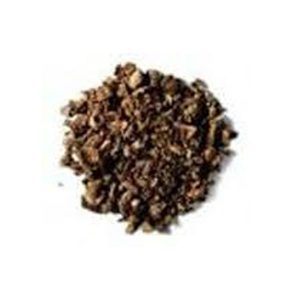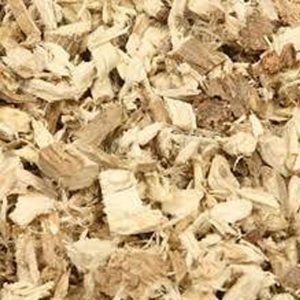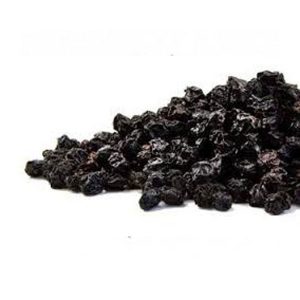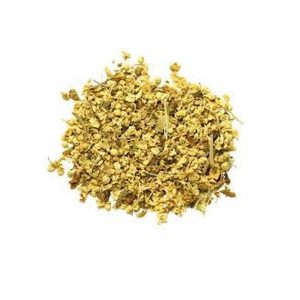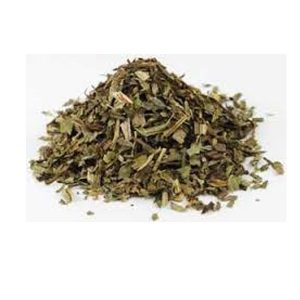
Individual Medicinal Herbs
-
Juniper – Juniperus communis
or 4 payments from $1.90 with Afterpay
$7.60 – $36.95Juniper berries (the mature female cone) have long been used as a flavouring in foods and alcoholic beverages such as gin.
The berries also serve as seasonings for pickling meats and as flavouring for liqueurs and bitters.
-
Alfalfa Herb – Medicago sativum
or 4 payments from $2.03 with Afterpay
$8.10 – $36.90Alfalfa or meditago sativum is one of the most nutritious herbs that we have.
Also called Lucerne, is naturally high in many essential vitamins and minerals, including A, D, E, K, and even the full family of B vitamins; biotin, calcium, folic acid, iron, magnesium, potassium and many others, as well as being very high in protein, especially when dried.
This is why we use it in our Nutrimix Power Blend https://driedherbsonline.com/product/nutrimix-power-blend/
-
Cats Claw – Uncaria tormentosa
or 4 payments from $2.05 with Afterpay
$8.20 – $39.95Cats Claw is a woody vine native to the Amazon rainforest and other places in South and Central America.
Ancient Peruvian medicine used Cats Claw for digestive complaints, stomach problems, cancers, arthritis and to treat wounds.
-
Bacial Skullcap Root – Scutellaria baicalensis
or 4 payments from $2.10 with Afterpay
$8.40 – $39.95Bacial skullcap or Chinese Skullcap is Chinese herb commonly known as Huang Qin
It is known for its many actions, reducing allergy symptoms, helping with asthma, anxiety, ADD and high blood pressure. It is even known to help collagen growth in periodontal disease.
Now that could be handy in gum disease.
.
-
Skullcap
or 4 payments from $2.31 with Afterpay
$9.25 – $32.65Skullcap was traditionally used for menstrual problems and in purification ceremonies when menstrual taboos had been broken. During the 19th century it was used to treat rabies.
It is now used as a nervine tonic and to help those who spend too much time in their heads.
-
Cornsilk – Zea mays
or 4 payments from $2.33 with Afterpay
$9.30 – $44.95Zea mays the botanical name for corn comes from the Greek language meaning to live. Mays comes from Spanish, the same word as a term in a native Mexican language meaning “mother,” or “mother of life”, reflecting the central importance of corn in the lives of early Americans.


